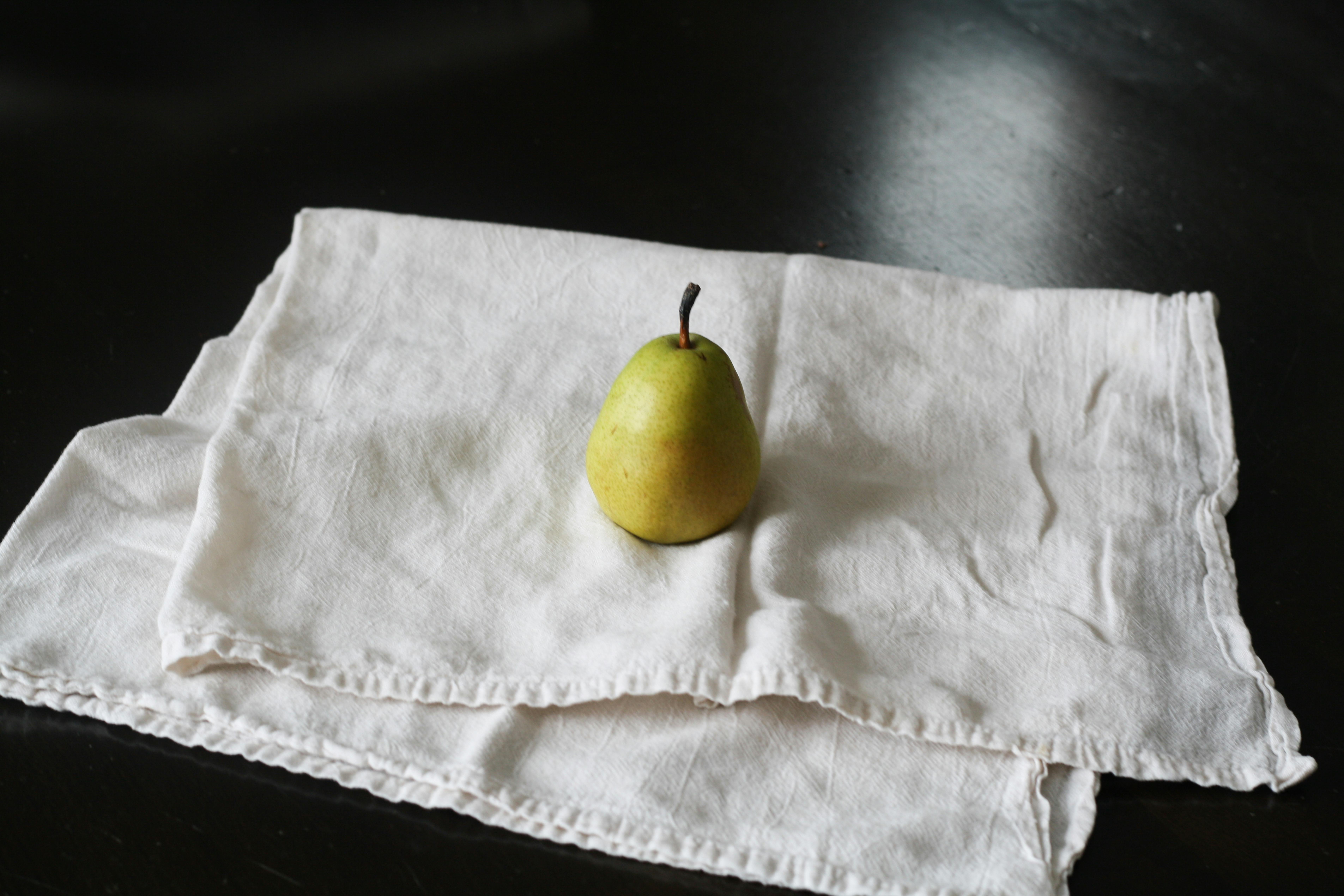Comprehensive Guide to Cystic Fibrosis Diet for Better Health in 2025
Cystic Fibrosis (CF) is a genetic disorder affecting the lungs and digestive system, making nutrition a vital component of managing the condition. A well-planned cystic fibrosis diet focuses on enhancing nutrient absorption and weight management, vital for maintaining overall health and optimizing lung function. With the right dietary strategies and high-calorie foods, individuals with CF can improve their quality of life significantly.
This article provides a comprehensive roadmap for creating an effective nutrition plan tailored to the needs of those living with CF. It includes dietary recommendations, meal planning suggestions, insights on fat intake, and the importance of hydration. By understanding the principles of a nutrient-rich diet, individuals with CF can manage their symptoms more effectively and contribute to better overall health.

Essential Dietary Recommendations for Cystic Fibrosis
Establishing a solid dietary foundation is crucial for individuals battling cystic fibrosis. The primary goal is to enhance nutrient absorption and provide sufficient calories to support energy needs. A typical recommendation is to adopt a high-calorie diet that includes increased fat, protein, and carbohydrate intake.
Understanding Caloric Needs and Weight Management
Individuals with CF have higher caloric needs due to the metabolic challenges associated with the illness. Experts recommend consuming 1.5 to 2.5 times the standard caloric intake depending on individual circumstances. This means incorporating calorie-rich foods into daily meals, such as nuts, avocados, and full-fat dairy products. Balancing these extra calories is essential, as it helps to prevent weight loss and support overall health.
The Role of Pancreatic Enzymes
Due to pancreatic insufficiency, which is common in CF patients, pancreatic enzymes play a critical role in digestion. These enzymes help individuals break down food and absorb nutrients effectively. It’s essential to take prescribed enzyme supplements with meals to improve nutrient absorption and manage gastrointestinal issues associated with the disease.
Nutritional Supplements for Enhanced Health
To further support health, many individuals with CF may benefit from nutritional supplements. These can include protein powders, multivitamins, and specific enzyme formulations. Consulting with a nutritionist can help establish a personalized supplement plan that meets the unique needs of each patient.
Importance of Healthy Fats
Incorporating healthy fats into the diet is crucial for providing calories and enhancing the overall nutrient profile of meals. Excellent sources of healthy fats include olive oil, nuts, and fatty fish. These not only provide energy but also support lung health, making them a staple in a CF-friendly diet.
Hydration Tips for Optimal Health
Maintaining **hydration** is critical, especially for those with CF, as dehydration can exacerbate symptoms. Aim for a daily intake of water that compensates for losses from increased respiratory rates. Options like electrolyte-filled beverages can also help maintain hydration and electrolyte balance, providing essential minerals critical for overall well-being.
Meal Frequency and Timing for Better digestion
Frequent meals and snacks throughout the day can help manage calorie intake effectively. Eating smaller meals more often can alleviate feelings of fullness and promote better digestion, ensuring a consistent energy supply. Additionally, meal timing should align with physical activity and medication schedules for optimized digestion and nutrient uptake.

Creating a Personalized Meal Plan for CF
A personalized meal plan tailored to individual tastes, nutritional needs, and lifestyle is essential for those with cystic fibrosis. Through individualized nutrition strategies, patients can achieve better health outcomes and maintain an enjoyable eating experience.
Incorporating CF-Friendly Recipes
Crafting delicious CF-friendly recipes doesn’t have to be challenging. Many recipes can be easily adapted to align with the cystic fibrosis diet. Focus on creating meals with high-fat and high-protein ingredients, like creamy pastas or rich smoothies. Utilizing ingredients such as whole grains, healthy fats, and proteins will ensure meals are both enjoyable and nutritionally beneficial.
Snack Ideas for Energy Boosts
Healthy snacks play a critical role in a CF diet by providing additional calories between meals. Consider options such as calorie-dense snacks like trail mixes, nut butters, and cheese cubes. Incorporating these snacks throughout the day can help meet energy needs without overwhelming the digestive system during main meals.
Dockeravities and Fast Meals
Meal prep can simplify daily nutrition and enhance dietary compliance. Engaging in weekend cooking sessions allows easy access to quick meals during busy weekdays. Preparing calorie-rich meals in advance ensures that nutritious options are readily available, making it easier to adhere to dietary recommendations.
Exploring Food Intolerance and Allergies
Being aware of food intolerances or allergies is essential to avoid triggers that may worsen CF symptoms. Keeping a food journal may help identify problematic foods and facilitate discussions with health professionals for dietary adaptations. It’s crucial to collaborate with a dietitian who can provide personalized advice on navigating allergies while ensuring adequate nutrition.
Managing Symptoms with Diet
Dietary strategies can effectively manage CF symptoms. For instance, incorporating fiber-rich foods aids digestive health. Additionally, being conscious of processed foods and sugar intake helps in preventing gastrointestinal discomfort. Engaging in a regular dialogue with healthcare providers allows for continual adjustments in dietary plans to better suit evolving health needs.
Hydration Guidelines to Optimize Digestion
Proper hydration complements a healthy diet and is vital to maintaining health in individuals with CF. Staying well-hydrated enhances digestion and nutrient absorption while also helping in mucus thinning in the lungs.
Healthy Hydration Options
Choosing healthy hydration options is essential. Water is always the best choice, but hydrating foods such as fruits and vegetables can also contribute to overall fluid intake. Additionally, drinks containing electrolytes can aid in replenishing lost minerals, especially after physical activities, ensuring balanced hydration levels throughout the day.
Avoiding Dehydration Triggers
It's important to identify and avoid factors that may lead to dehydration. High-sugar foods and extreme temperatures can exacerbate fluid loss. Monitoring fluid intake in relation to environmental factors is essential for preventing dehydration, especially during exercise or in hot climates.
Staying Alert to Signs of Dehydration
Recognizing signs of dehydration is important for timely intervention. Symptoms like dry mouth, fatigue, and concentrated urine indicate the need for increased fluid intake. Keeping an eye on these signs can help maintain hydration and overall health.
Managing Fluid Intake with Medications
Some CF treatments and medications can affect hydration levels. Consultation with healthcare providers on medication schedules can assist in planning optimal hydration strategies, ensuring that fluid intake remains sufficient during treatment periods.
Community Resources and Support
Engaging with community resources can provide essential support and education on managing CF through nutrition. Various online platforms and local support groups offer information on dietary needs and emotional counseling for families affected by CF.
Collaborating with Healthcare Professionals
Working closely with healthcare professionals, including dietitians, can improve the management of cystic fibrosis through effective dietary strategies. Collaboration ensures that nutrition plans are individualized and adaptable, addressing specific challenges patients may face.
Participating in Cooking Workshops
Cooking workshops tailored for CF families offer practical cooking techniques while addressing dietary challenges. Such workshops can enhance cooking skills while providing insight into preparing nutritious and appealing meals for people with cystic fibrosis.
Leveraging Online Nutrition Resources
There are numerous online platforms that provide valuable tools, recipes, and community support for individuals managing cystic fibrosis. Utilizing these resources can empower patients and families with knowledge, fostering healthier eating habits and successful dietary adaptations.
Q&A: Common FAQs about Cystic Fibrosis Diet
What should I include in a high-calorie diet for CF?
To maintain adequate weight and energy levels, include calorie-rich foods such as avocados, nuts, nut butters, and full-fat dairy products in your diet. Aim for a balance of healthy fats, proteins, and carbohydrates.
How often should I eat if I have CF?
Frequent meals and snacks are recommended to ensure adequate calorie intake. Eating every 2-3 hours can help manage hunger and provide continuous energy throughout the day.
Are there specific vitamins I should take?
Patients with CF often benefit from vitamin A, D, E, and K supplementation due to malabsorption issues. Consulting your healthcare provider for personalized recommendations is essential.
How can hydration impact my health?
Proper hydration is crucial for digestive health and mucus clearance in the lungs. Staying hydrated can improve overall health outcomes and reduce CF-related complications.
What are some quick snack ideas for CF?
Calorie-dense snacks, such as trail mixes, protein smoothies, or cheese and crackers, are great quick options that provide essential nutrients while being easy to prepare.
